April 29, May 2, 5 & 7, 2023
Cobb Energy Center
Atlanta, Georgia – USA
Richard WAGNER: Das Rheingold
Arthur Fagen, conductor; Tomer Zvulun, stage director. Cast: Greer Grimsley (Wotan), Richard Cox (Loge), Zachary Nelson (Alberich), Julius Ahn (Mime), Elizabeth DeShong (Fricka), Ronnita Miller (Erda), Kristinn Sigmundsson (Fasolt), Daniel Sumegi (Fafner), Joseph Barron (Donner), Adam Diegel (Froh), Jessica Faselt (Freia), Cadie J. Bryan (Woglinde), Alexandra Razskazoff (Wellgunde), Gretchen Krupp (Flosshilde). Creative: Erhard Rom, scenic & projection designer; Mattie Ullrich, costume designer; Robert Wierzel, lighting designer; David Zimmerman, wig & makeup designer; Ran Arthur Braun, live action designer; Erin Teachman, projection programmer.
Mark Gresham | 4 MAY 2023
In his Autobiographic Sketch of 1842, Richard Wagner wrote that on his way from Paris to Dresden, “Zum ersten Male sah ich den Rhein — mit hellen Thränen im Auge schwur ich armer Künstler meinem deutschen Vaterlande ewige Treue.” (“For the first time I saw the Rhine — with bright tears in my eyes I, poor artist, swore eternal loyalty to my German fatherland.”)[1]
The Rhine is one of the world’s most iconic rivers. Since the Roman era, it has been central to Western Europe’s economic, cultural, and political history, playing an especially significant role in German art, culture, and identity beginning in the Middle Ages. Even in our 21st century, it remains a powerful symbol of German identity, including contemporary issues of environment and climate change.[2]
The Rhine and its river spirits, the Rhinemaidens, are pivotal symbols in Richard Wagner’s monumental opera cycle, Der Ring des Nibelungen (“The Ring of the Nibelung”). We first encounter the three Rhinemaidens at the beginning of the Ring’s first opera, Das Rhinegold, when the dwarf Alberich steals the Rhine gold, and again in Götterdämmerung, where they reclaim the gold ring at the end. Their flawed guardianship of the Rhine gold and the condition of “renunciation of love” through which it could be stolen and transformed into a means of acquiring world-dominating power are the vital elements that propel the entire Ring cycle’s drama.
But just as Wagner put his personal spin on old Norse and Germanic legends, The Atlanta Opera’s production of Das Rheingold puts a modern trajectory on the opera’s story. In the extended opening Prelude, as the droning music begins to build, we see the Earth, as seen from space, projected on the proscenium screen, then what appears to be a small asteroid comes into the frame, silently hurtling toward the planet. Is the implication that the magic “gold” in the Rhine is extraterrestrial in origin?
Well, why not? It would certainly not be the first time director Tomer Zvulun has presented an opera in a “timeless” setting, making it difficult to pinpoint the story’s era and lending weight to both the universality of its message while emphasizing its relevance to our present time — as was the case with The Atlanta Opera’s January 2020 production of Richard Strauss’ Salome, which involved the same principal creative trio of Zvulun, conductor Arthur Fagen, and scenic and projections designer Erhard Rom.
As with Salome, Rom’s structurally minimalist sets for Das Rheingold left ample space for Zvulun’s stage direction and plenty of room for the extensive use of projections on the proscenium screen, backdrop, intermediary scrim, or other hanging materials, notably including not only that video during the orchestral Prelude but also the cinematic imagery during the three subsequent orchestral interludes between the four scenes. Even though 160 minutes long, Das Rheingold is all in one act, performed without intermission. These vivid visuals strengthen the transitions between scenes.
Costume designer Mattie Ullrich decks the elite gods in gleaming garb reminiscent of the Marvel Comics universe while depicting the Nibelungen dwarves as 19th-century foundry-working proletariats. The attire of the giants is a bit bulkier and far less shiny than that of the gods; they are commercial building contractors who arrive on the scene in construction crane vehicles.
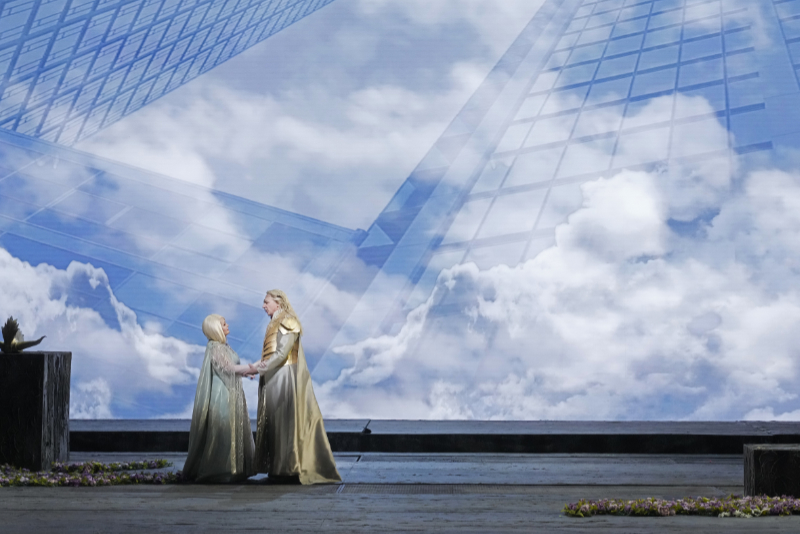
Wotan (Greer Grimsley) tells Fricka (Elizabeth DeShong) about his new fortress, Valhalla, depicted as a sleekly modern skyscraper complex. (credit: Ken Howard)
Excellent singing by the balanced cast of 14 was well-supported by conductor Fagen and the Atlanta Opera Orchestra, which had moments that felt genuinely Wagnerian, despite having to find substitutes for eight players who tested positive for COVID early in the rehearsals. Thankfully, the rest of the orchestra tested negative, and the company was able to draw upon Atlanta’s deep talent pool of freelance musicians for the necessary replacements.
The orchestral Prelude evolved into sounds evoking the swirling waters of the Rhine, and the first voices heard are the Rhinemaidens Woglinde, Wellgunde, and Flosshilde (Cadie J. Bryan, Alexandra Razskazoff, and Gretchen Krupp) at play. They formed an inviting vocal trio in setting the first scene’s stage.
Zachery Nelson played the crude, power-hungry dwarf Alberich, effectively portraying the antagonist character’s emotional complexity, hubris, and foolishness. Julius Ahn offered a bit of counterbalance as Alberich’s timid and fearful brother, Mime.
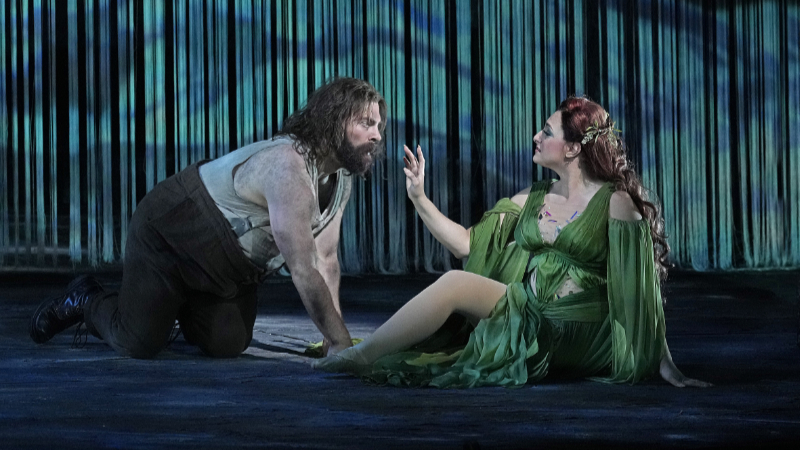
Alberich (Zachary Nelson) and Rheinmaiden Wellgunde (Alexandra Razskazoff). (credit Ken Howard)
Greer Grimsley clearly demonstrated why he is “the definitive Wotan of our era,” shining forth as the vocal luminary of the evening with his powerful, resonant voice and commanding presence.
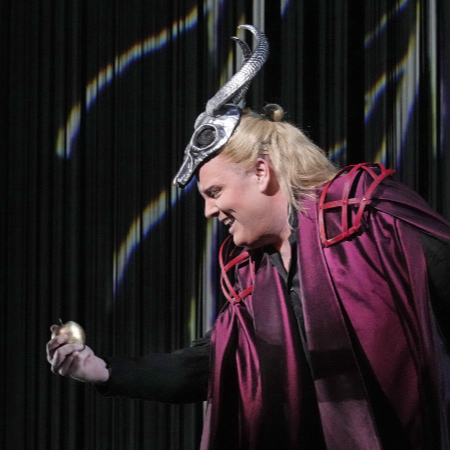
Loge (Richard Cox) contemplates the power of the gold. (credit: Ken Howard)
Richard Cox portrayed the trickster Loge, the demi-god of fire and Wotan’s clever if not-so-trustworthy advisor, in a lively, compelling manner that makes him the most intriguing character on the stage.
Elizabeth DeShong, in the role of Wotan’s wife Fricka, made for a fine pairing with Grimsley. Jessica Faselt was superb as her sister and sustainer of the gods’ youth, Fricka.
Daniel Sumegi and Kristinn Sigmundsson offered sturdy portrayals of the giants Fafner and Fasolt. Adam Diegel as Frohe the god of frost and Joseph Barron as thunder-god Donner were credible in their supporting roles. Ronnita Miller briefly appeared as Erda, the personification of the Earth, delivering her fateful prophecy with warmth and resonance.
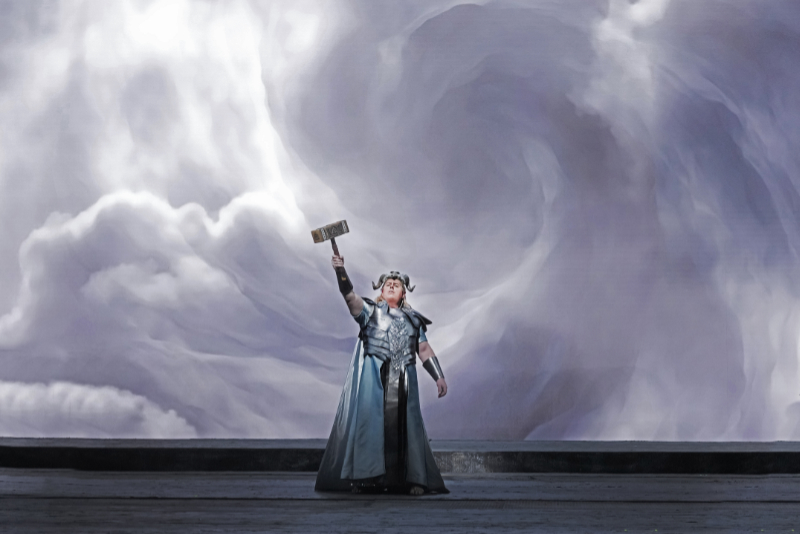
Donner (Joseph Barron) summons a swirling thunderstorm. (credit: Ken Howard)
With this successful production of Das Rheingold, The Atlanta Opera’s exploration of Wagner’s epic four-opera cycle has only begun. While Zvulun will not yet affirm whether the company will produce a complete Ring, it is moving in that general direction next April with the second installment Die Walküre. Speculation in the air is that they will likely decide in early 2024 whether to move forward with a Sigfried in 2025. If they do, the most logical assumption is they might as well finish the job with Götterdämmerung the following year.
But as for a complete Der Ring des Nibelungen in one festival? That is an entirely different, complex, and expensive challenge of megalithic proportions. We’ll first have to wait and see whether The Atlanta Opera will finish the task of tackling them all, one at a time. ■
Two performances remain of The Atlanta Opera’s production of Das Rheingold, May 5 & 7, 2023, at Cobb Energy Center.
EXTERNAL LINKS:
- [1] Autobiographische Skizze – Richard Wagner | Poject Gutenberg [lang: German]
- [2] The Rhine as a symbol of identity – Neil King, Natalie Muller | Deutsch Welle (dw.com), September 2, 2022
- The Atlanta Opera: atlantaopera.org

Read more by Mark Gresham.
RECENT POSTS
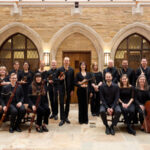 Atlanta Baroque Orchestra’s 25th season finale celebrates the ensemble’s continuity with colorful concertos • 29 Apr 2024
Atlanta Baroque Orchestra’s 25th season finale celebrates the ensemble’s continuity with colorful concertos • 29 Apr 2024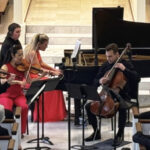 Georgian Chamber Players delight the ears with exquisite performances of Loeffler, Mendelssohn, and Dvořák • 26 Apr 2024
Georgian Chamber Players delight the ears with exquisite performances of Loeffler, Mendelssohn, and Dvořák • 26 Apr 2024

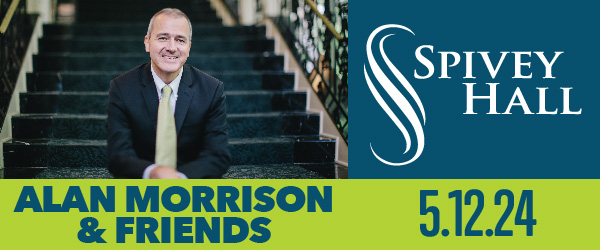
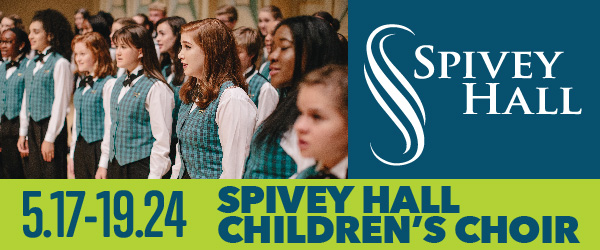






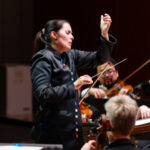
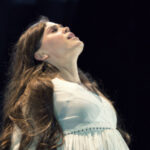
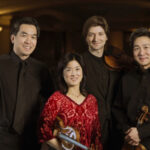
.png)